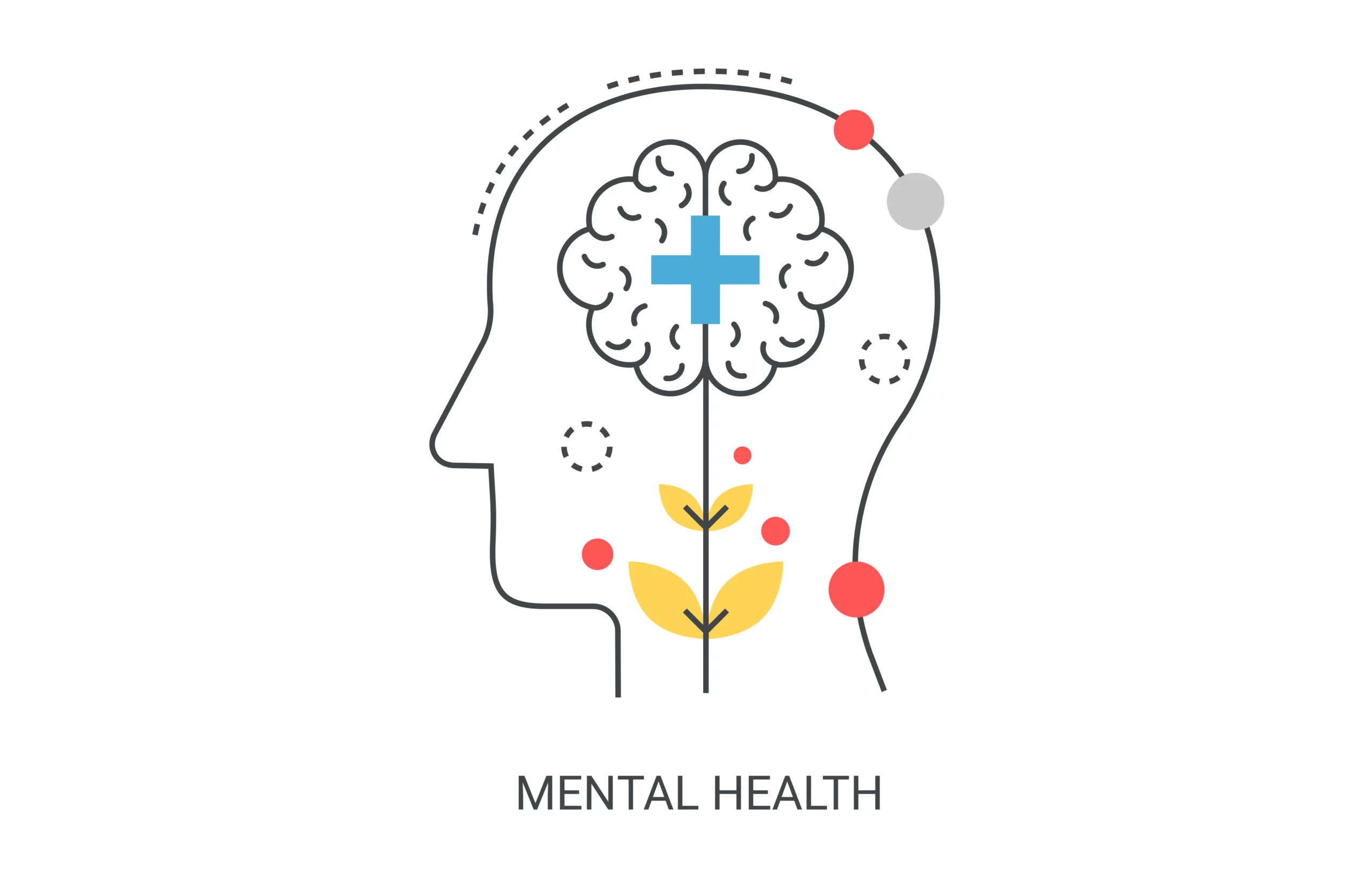
When taking a family medical history, certain conditions are commonly reported. Coronary artery disease (CAD), cancer and mental health issues far surpass reports of single gene disorders such as cystic fibrosis, sickle cell anemia and hemochromatosis.
About 6.7% of adults age 20 and older have CAD. Approximately 40% of men and women will be diagnosed with cancer at some point during their lifetime. And more than 50% of individuals will be diagnosed with a mental health issue at some point in their life.
Contributing Factors: Genetics and the Environment
Like CAD and cancer, mental health issues are multifactorial. This means that the development of these conditions is impacted by biological, environmental, psychological and genetic factors that can be either protective or risk-increasing.
Specific to genetic factors, it is generally thought that mental health issues are caused by variants in multiple genes that each contribute a small additive effect to disease development, rather than being caused by a single variant in a single gene.
Clinical features of mental health issues in family members that indicate a stronger genetic component include:
- Early age of onset
- Severity of a disease
- The absence of environmental risk factors in diagnosed family members
- The presence of related disorders in close relatives
- More than one close relative with the given condition
Several environmental factors can also contribute to the risk for mental health issues, including:
- Early adverse life experiences, such as trauma
- Experiences related to other ongoing medical conditions
- Biological factors or chemical imbalances in the brain
- Exposure to alcohol or drugs
Genetic Testing for Mental Health Issues
Certain single gene disorders, such as Wilson’s disease and phenylketonuria (also known as PKU), are conditions that affect numerous body systems, such as your liver, eyes and brain. Mental health issues are a common sign and/or symptom with these conditions. And while genetic testing is available to confirm a diagnosis of these conditions, genetic testing is not available when mental health issues are the only medical diagnosis affecting you.
Genetic testing cannot determine if you have or will develop a mental health issue.
In many cases, even the most well-researched genetic variant may only contribute a very small amount to your overall risk. As no single gene has been determined to cause a mental health issue and since non-genetic factors contribute to disease development, there is no reliable genetic test to determine the risk for you to develop mental health issues.
Be Proactive
While science has not progressed to the point of genetic testing for mental health issues, there are a number of proactive steps that can be taken should your risk to develop these conditions be a concern.
- Know your family’s mental health history to help determine whether you are at a higher risk for certain disorders.
- Talk with your health care provider about potential steps to reduce your risk by adjusting your environmental stressors.
- Become familiar with early warning signs of mental health issues.
Though clinical genetic testing is not available for mental health issues, research is currently in progress to bring us closer to that reality. The Genomics Research Branch in the National Institute of Mental Health (NIMH) Division of Neuroscience and Basic Behavioral Science and the Human Genetics Branch in the NIMH Intramural Research Program are studying and supporting research on human genetic variations that contribute to the risk for mood and anxiety disorders, such as bipolar disorder and panic disorder. Information regarding study participation opportunities can be found here.

